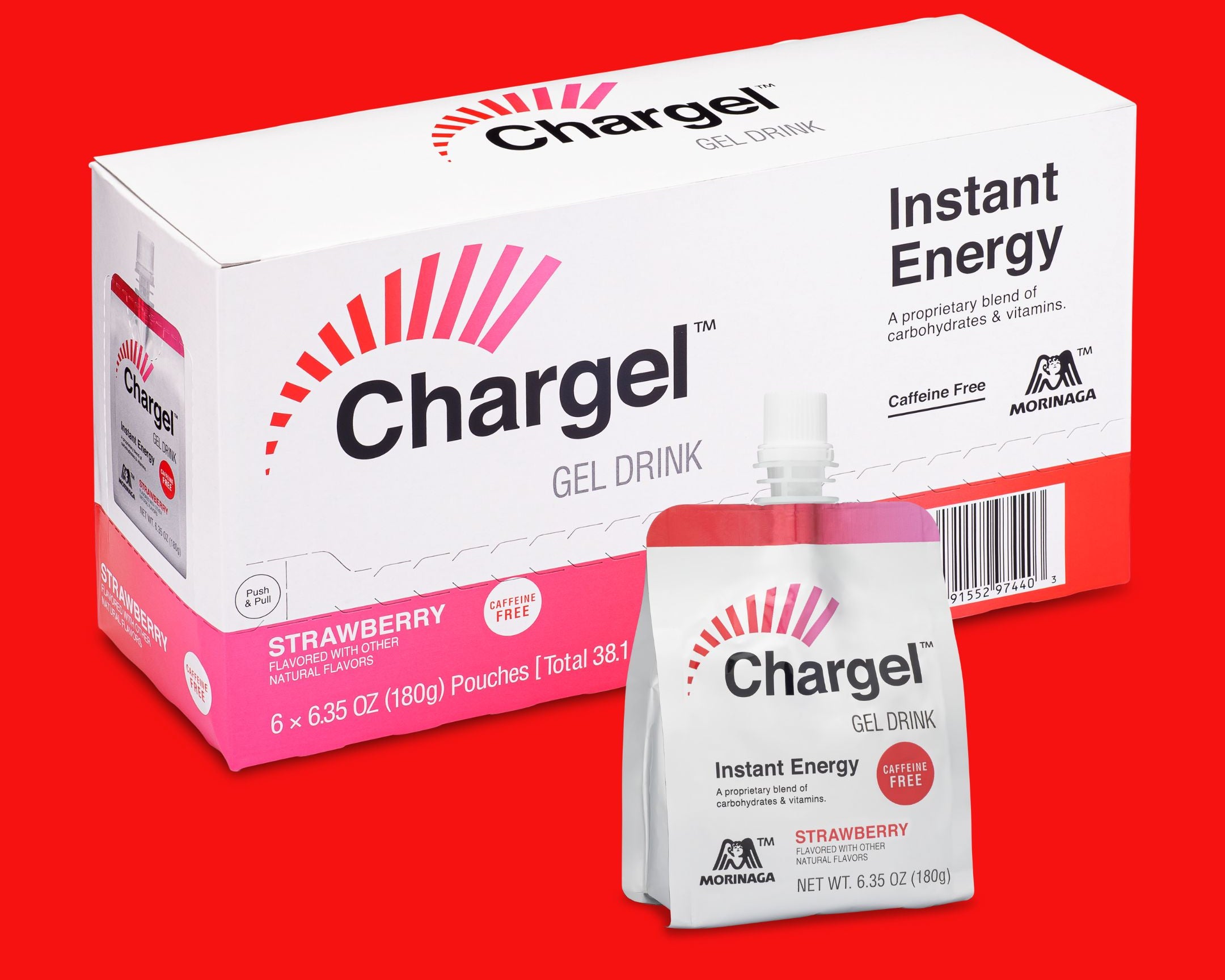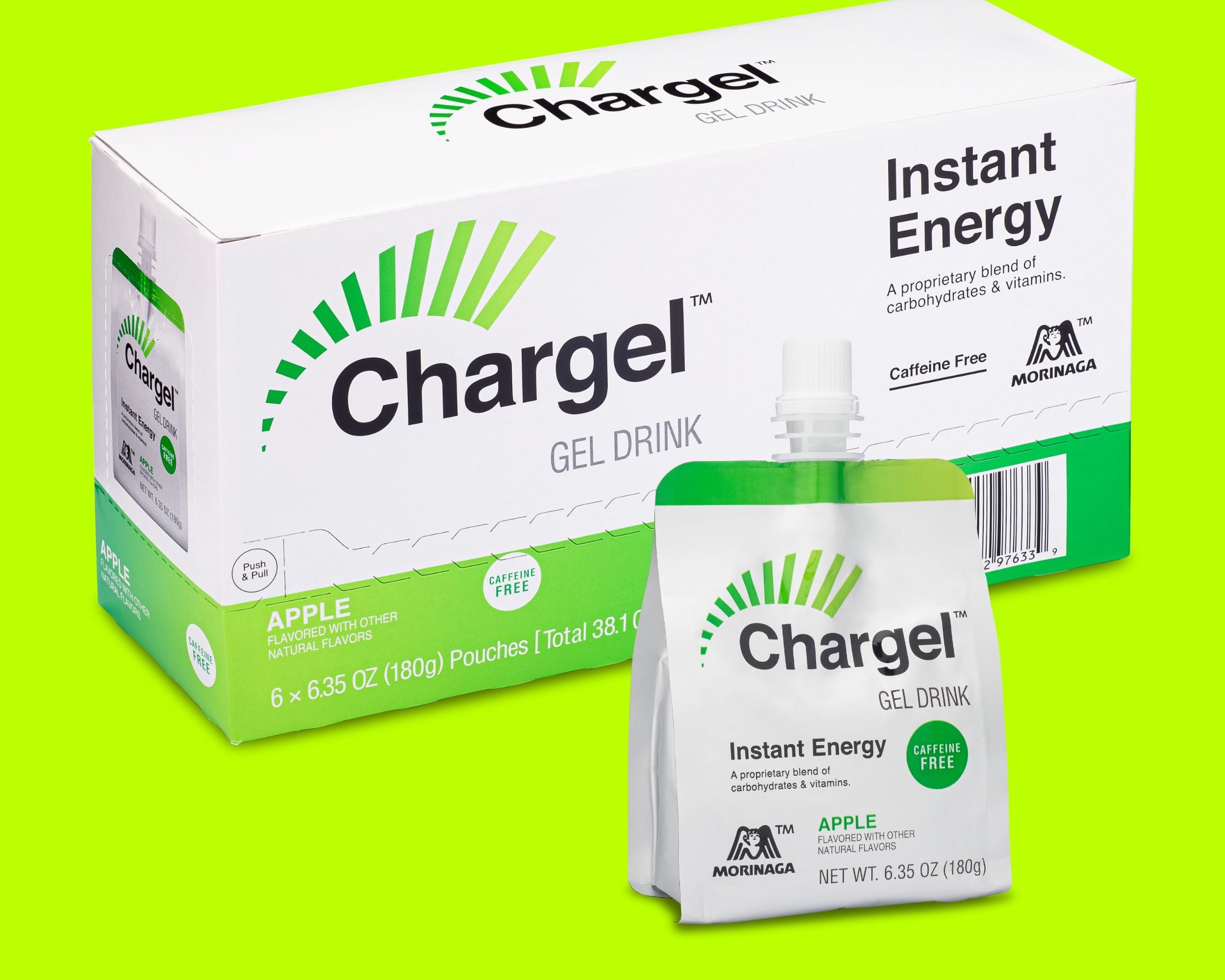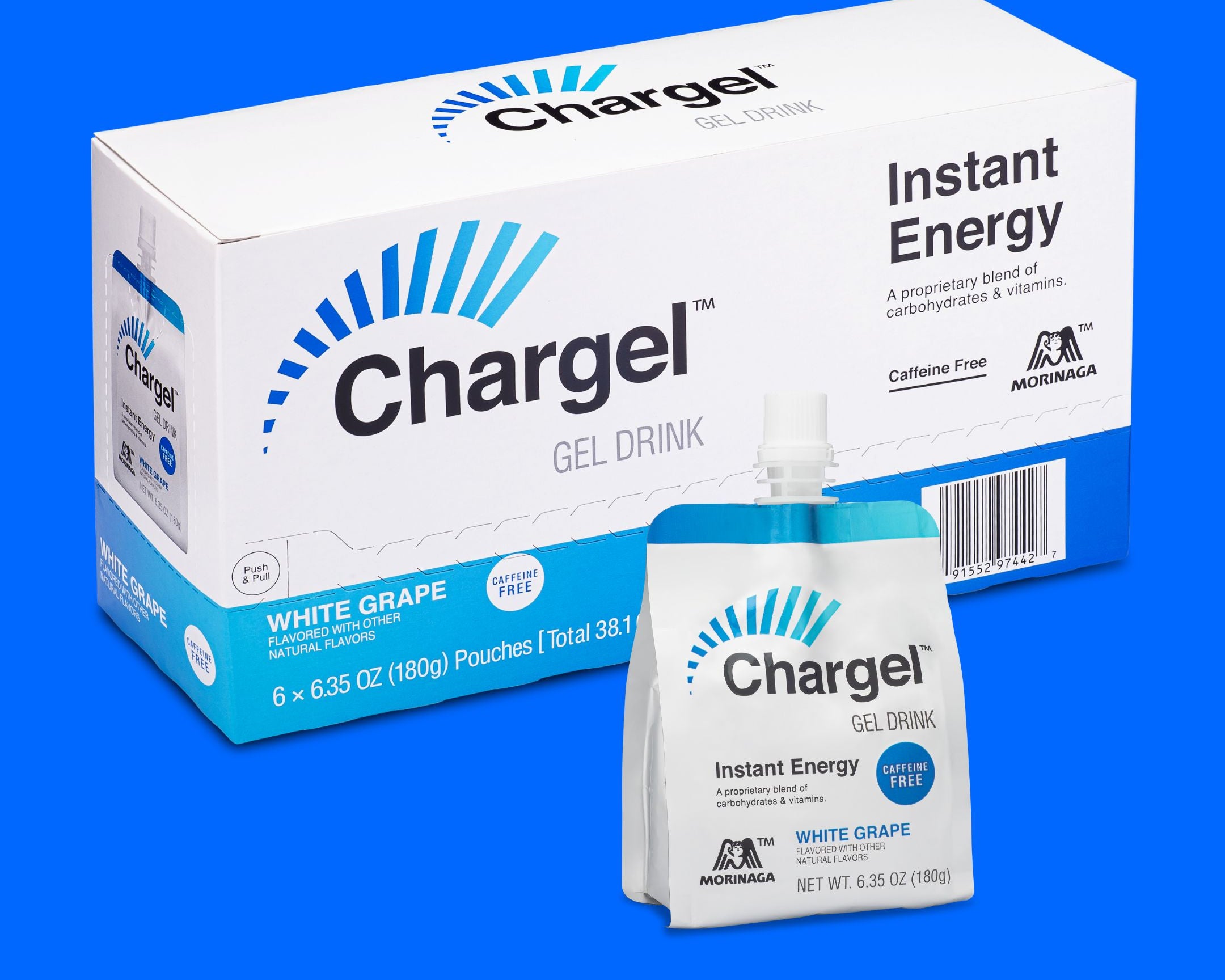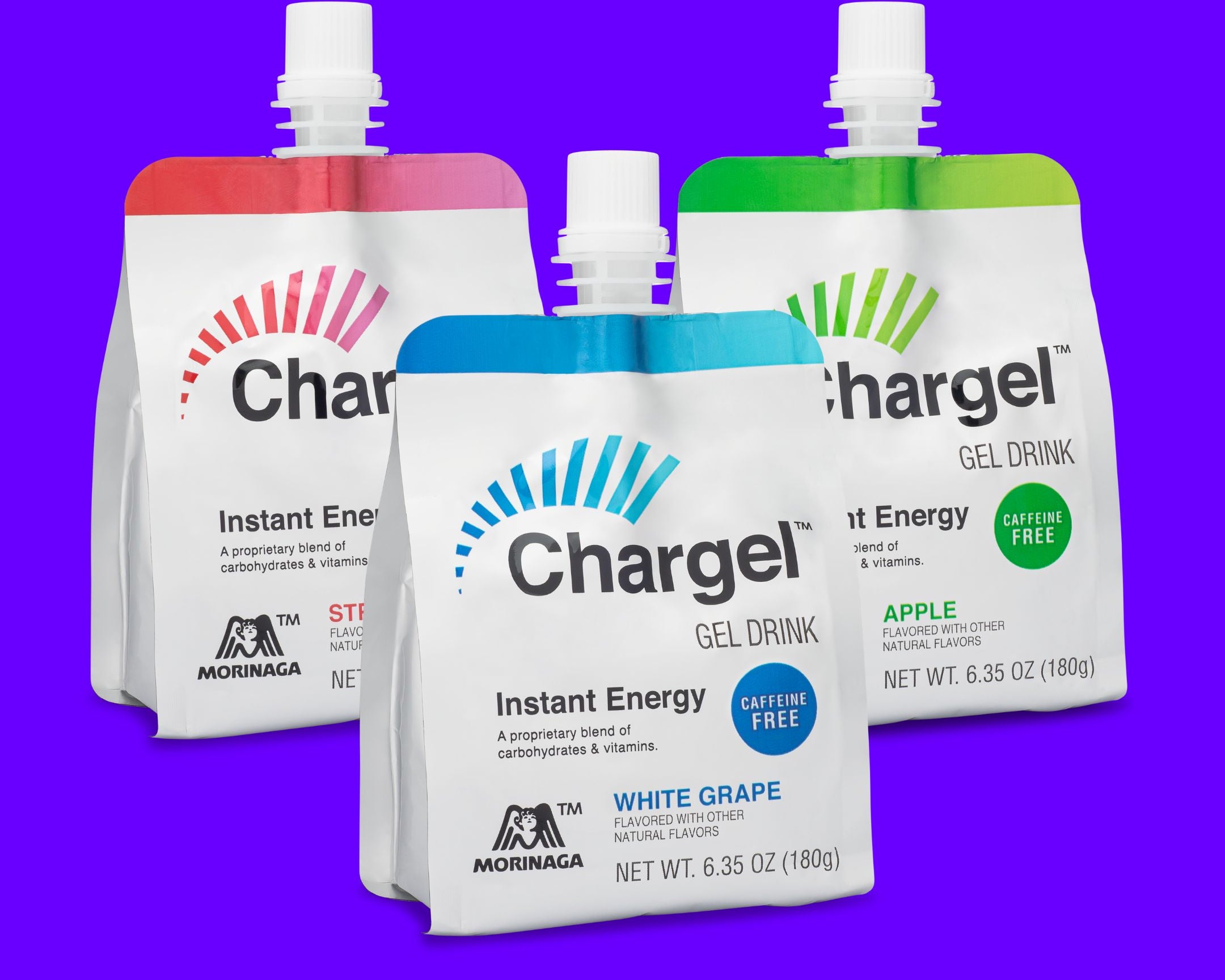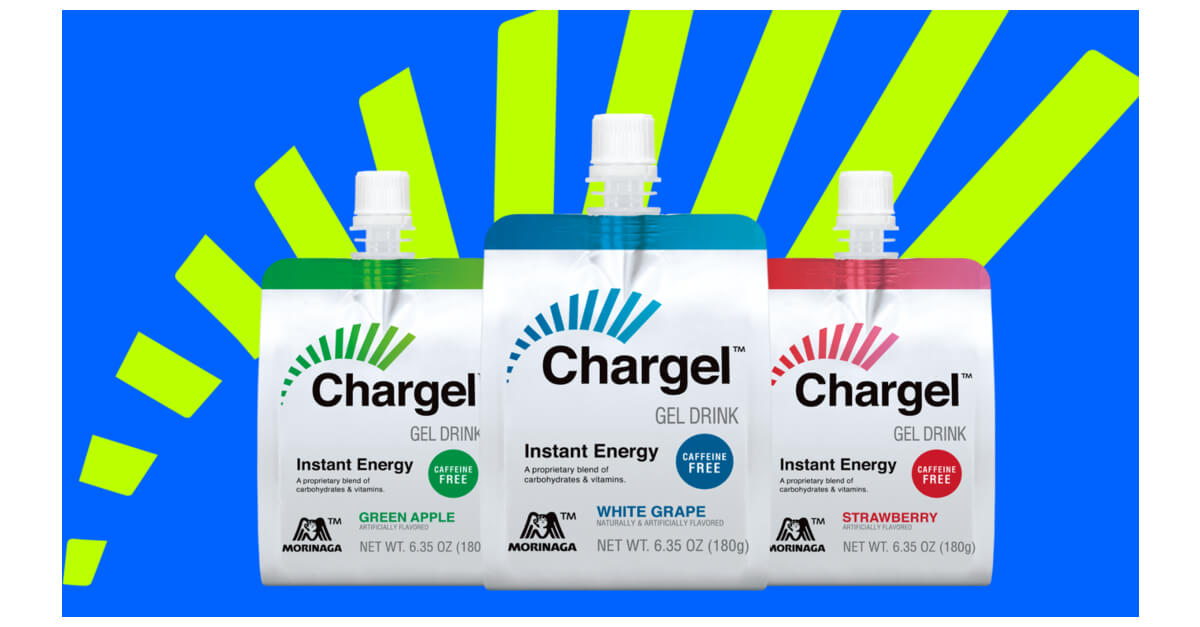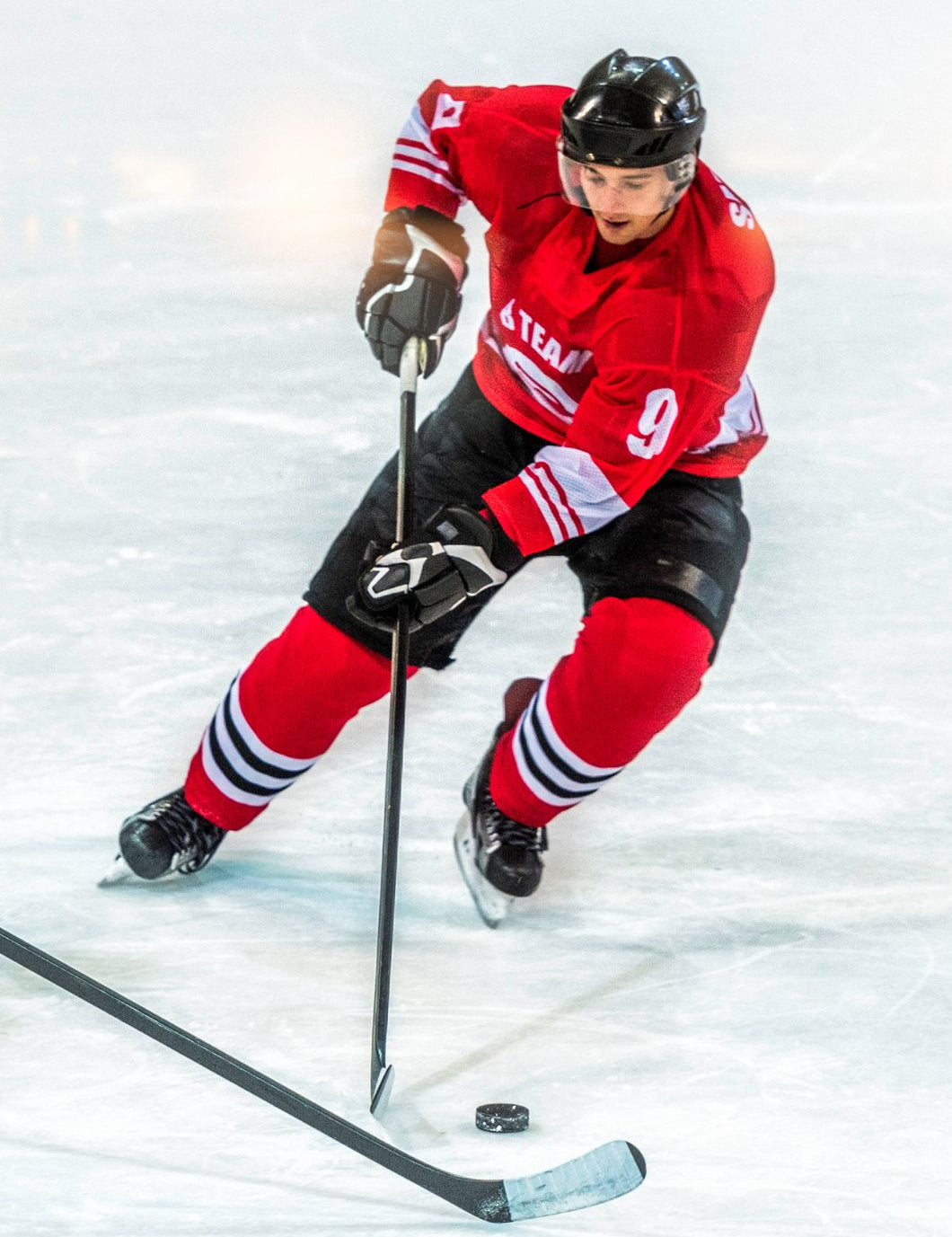Get Ready for Your Next Training Session and Feel Great All Day Long

kristen@arnoldrdn.com
IG: @kristenknarnold
Recovery between workouts is essential for optimizing training stimulus and having energy throughout the day. Without proper nutrition after workouts, the body won’t be able to repair itself as efficiently and therefore your training progression could be delayed and/or lead to a plateau. Get the right nutrients at the right time to support your training and competition.
Why recovery is important
The main goals of recovery nutrition strategies are to support muscle protein synthesis (repair muscle), replenish glycogen stores (stored carbohydrates), and rehydrate (Journal of Sports Science and Medicine, 2004). These 3 main factors set the body up for success to properly repair and adapt to the training leading to improved performance. Even if you don’t have specific athletic goals, recovering post workout may help to support the immune system and prevent illness, support lean body mass maintenance and growth, and provide you with better energy levels throughout the day.

How to recover post workout
Standard recommendations to support muscle protein synthesis and glycogen replenishment are 20-30g of high quality protein and 1-1.2g carbohydrate/kg body weight according to the American College of Sports Medicine and International Society of Sports Nutrition. For a 150 pound athlete, this looks like 25g protein with 70-80g carbohydrate. Fluid needs post exercise depend on how dehydrated the athlete is post workout. The American College of Sports Medicine recommends drinking 1-1.5 times the fluid deficit over a 4-hour period. If the athlete is 1 pound (16 fluid ounces) lighter post workout than pre workout they will need to drink 16-24 ounces of fluid over a 4-hour period. You can determine how much you need to rehydrate by simply weighing yourself before you start the workout and after you end the workout, and then multiply the difference by 1.5 times. Another simple way to make sure you are optimally hydrating is to observe the color your urine. Here is a urine color chart from the United States Olympic Committee to determine your hydration status.
Examples of 20-30g protein, 70-80g carbohydrate, and 24 ounces fluid (chargel.com, USDA FOODDATABASE):
- 16 ounces low fat chocolate milk, 1/2 Chargel gel drink, 8 ounces water
- 1 Chargel gel drink, 16 ounces plain soy milk, 1/3 cup granola, 8 ounces water
- 1 Chargel gel drink, 16 ounces low fat plain milk, 1 banana, 8 ounces water
- 16 ounces low fat chocolate milk, 1 banana, 8 ounces water
- 2 pieces whole wheat bread, 3 ounces turkey, 1 teaspoon mustard, 8 ounces orange juice, 1 banana
How soon do you need to eat/drink post workout?
Make sure to eat and drink your recovery snack or meal within 30 minutes of finishing your workout. The American College of Sports Medicine and International Society of Sports Nutrition recommends refueling within 30 minutes post exercise to optimize glycogen restoration and support muscle protein synthesis. This is especially important if you are completing another workout within 2-4 hours of the first workout.

Top tips for boosting recovery between workouts
Consistency in training and recovery is key to optimal performance and progress. Check out these suggestions to keep up the good work and develop sustainable habits to recovery from every workout.
- Eat and drink your recovery shake before looking at your phone post workout. Make the recovery snack the first task you complete after your cooldown.
- Assemble your recovery snack the day before.
- Place or pack the recovery snack somewhere convenient and near items you already use post workout (in a gym bag, in the cupholder in your car, on the counter right when you walk into the kitchen, next to your car keys).
- Try out different snack options to discover what you like. The more you enjoy your post workout snack, the more likely you are to consistently eat and drink it.
- Consider packing emergency recovery snacks in your gym bag, purse, backpack, or car. Emergency recovery snacks which are shelf-stable and easy to pack include a protein bar or trail mix.
Eating and drinking the right foods and drinks can make the difference between you having a breakthrough workout and plateauing. On top of that, this snack helps you to get the nutrients your body needs for consistent energy levels throughout the day.
